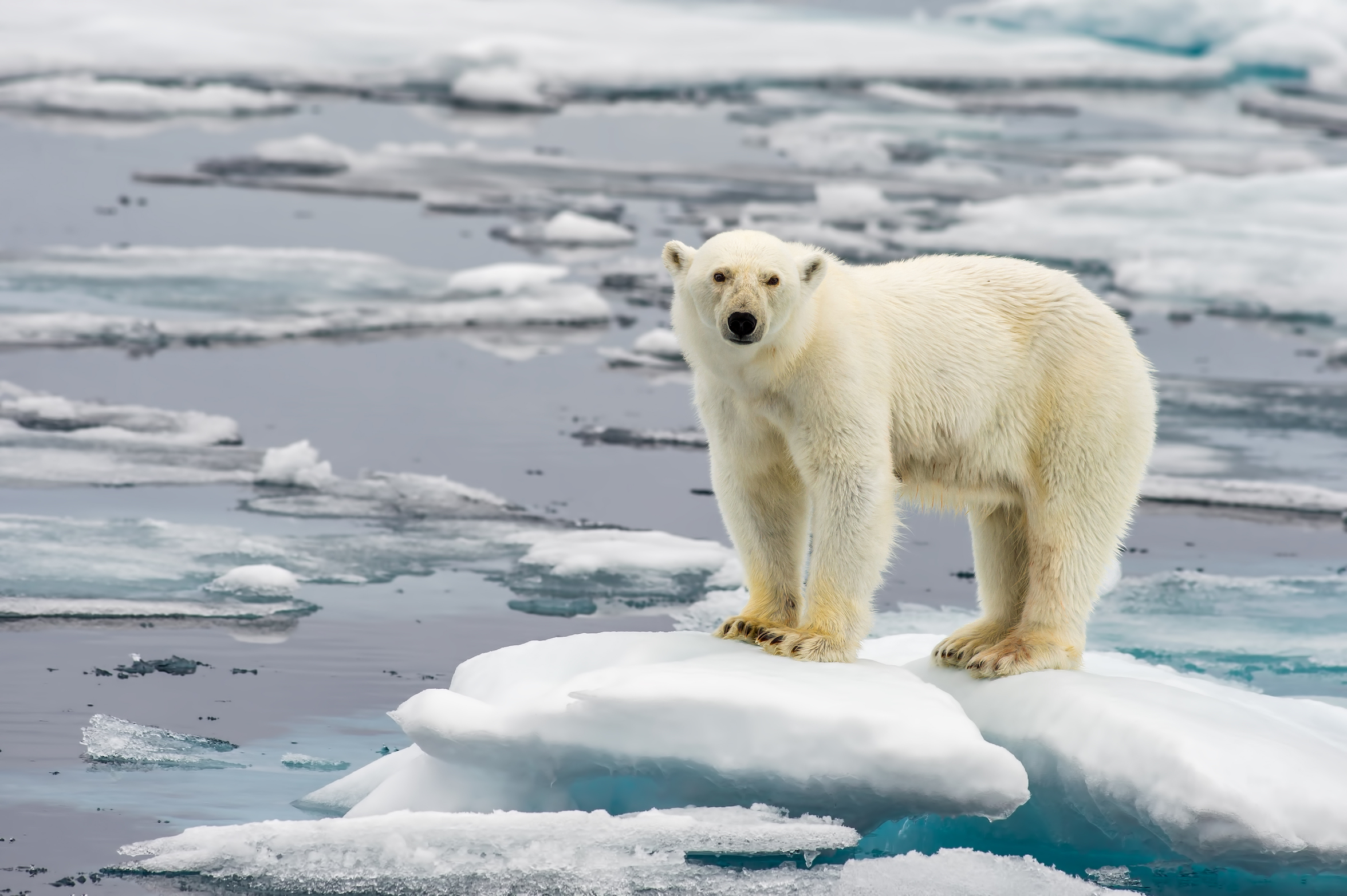
Minor increases in Antarctic Ocean temperature have a big impact
Because climate change affects such a large geographical territory, it’s often difficult for scientists to properly predict how certain ecosystems will respond. Overcoming this challenge has now led a group of researchers at the Rothera Research Station in the Antarctic Ocean to warm a small portion of the environment around them, in order to observe localized changes.
The researchers warmed an area of seabed around the station by 1° and 2° Celsius – the global temperature increases expected within the next 50 years and 100 years respectively – and observed the major impacts these temperature changes had on the marine community. By deploying heated settlement panels for the purpose of warming a thin layer of water, they were able to mimic the ocean temperatures one might find in that area just years down the road.
The researchers found that with just a 1°C increase in temperature, a single pioneer species of bryozoan (Fenestrulina rugula) significantly increased its population size. It ended up dominating the community, and causing a reduction in overall species diversity and evenness in just two short months. Another effect was that individuals of a marine worm (Romanchella perrieri) grew to an average size 70 percent larger than their fellow species mates under ambient conditions.
Under a 2°C increase, the organisms’ responses were much more variable. Growth-rate responses to warming varied among species, ages, and seasons. During the Antarctic summer, species generally grew faster with warming. However, differing responses among species were observed in the month of March – when both ambient temperature and food availability for suspension feeders declined.
Ultimately, the researchers say that these findings hint that climate change may actually have even greater effects on polar marine ecosystems than they had anticipated.
—
By Connor Ertz, Earth.com Staff Writer













